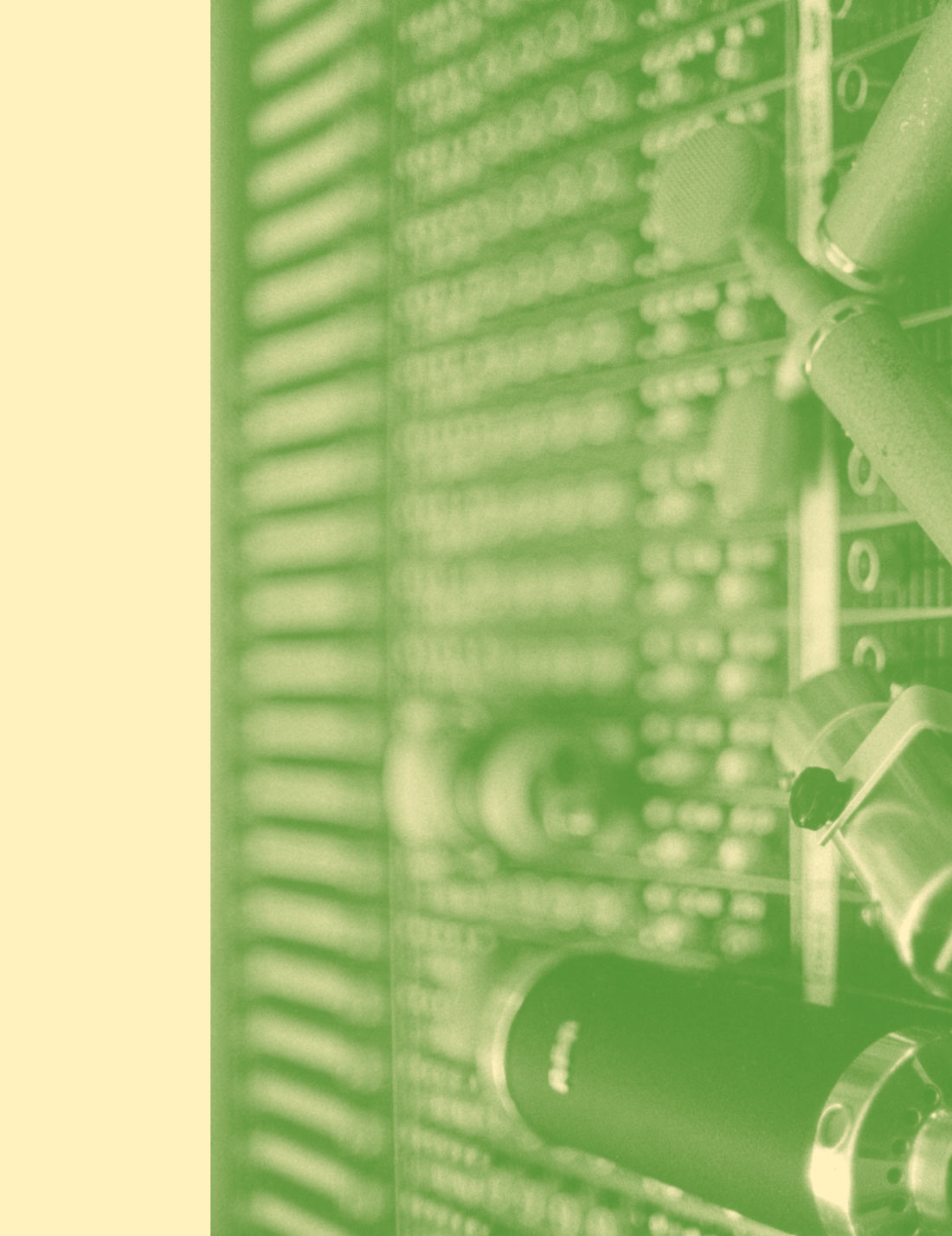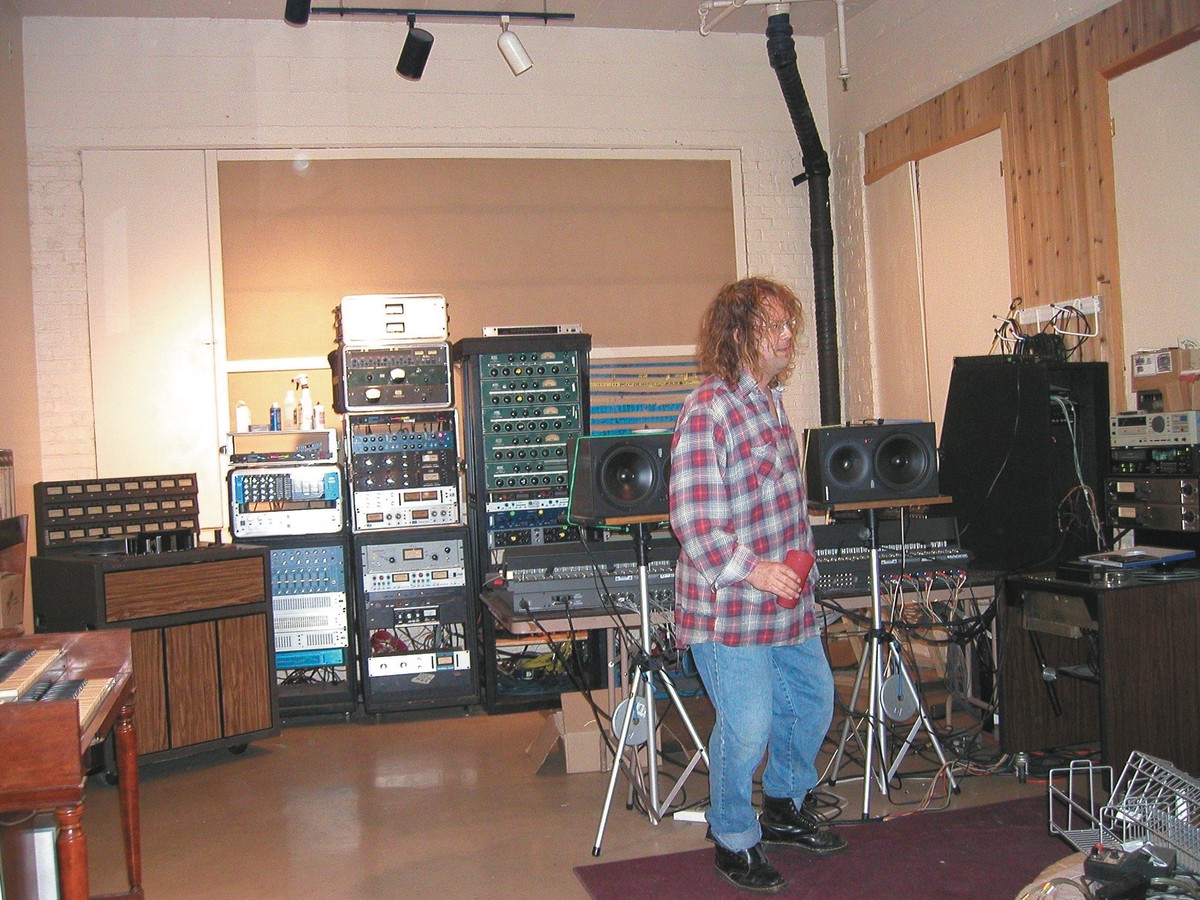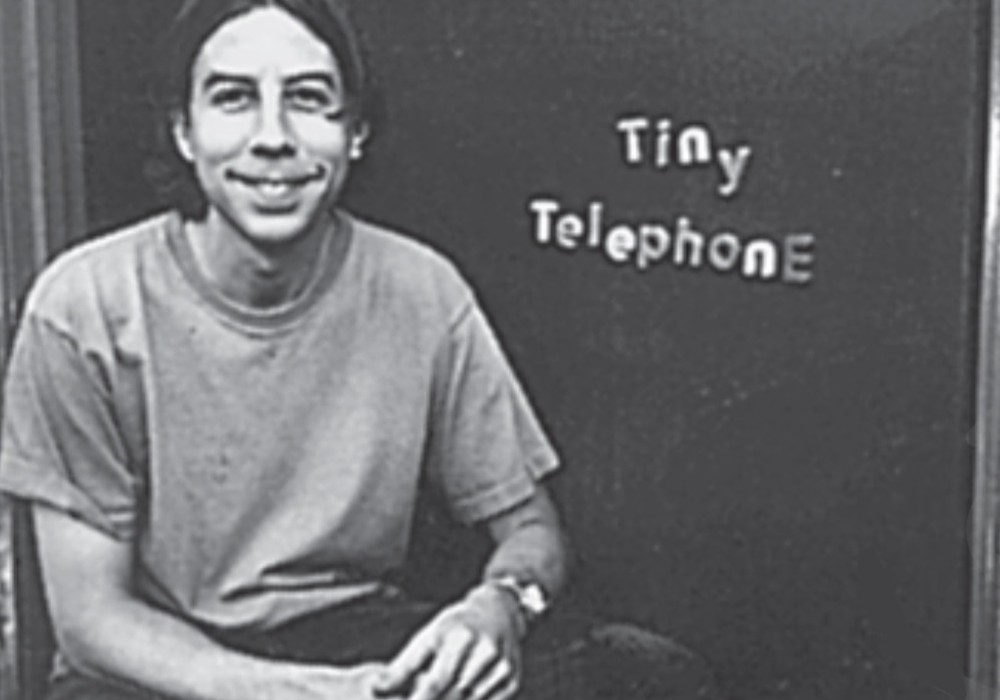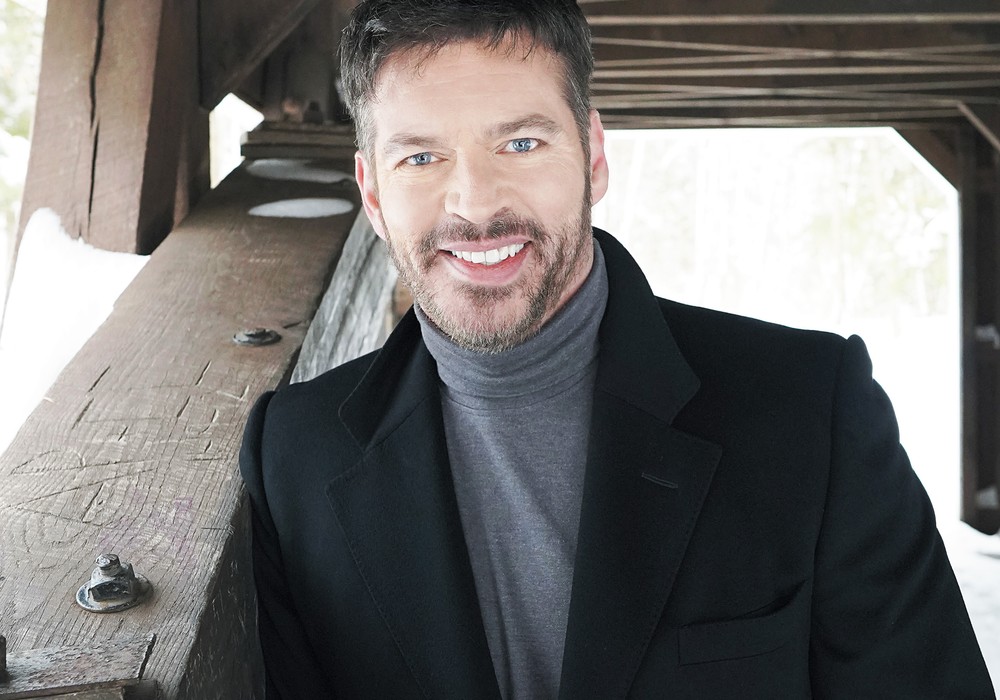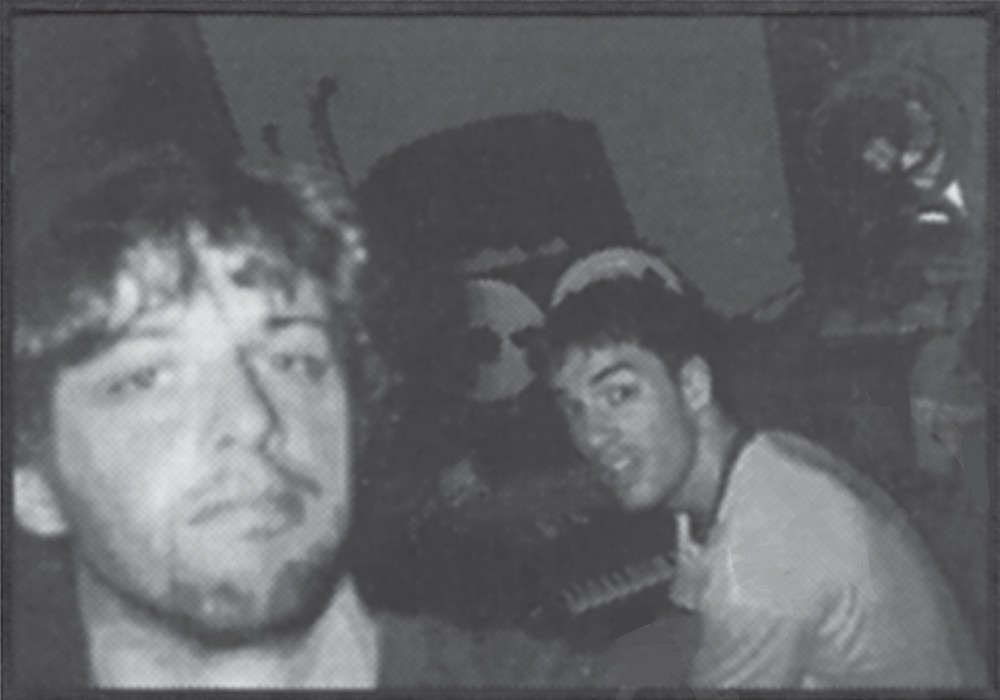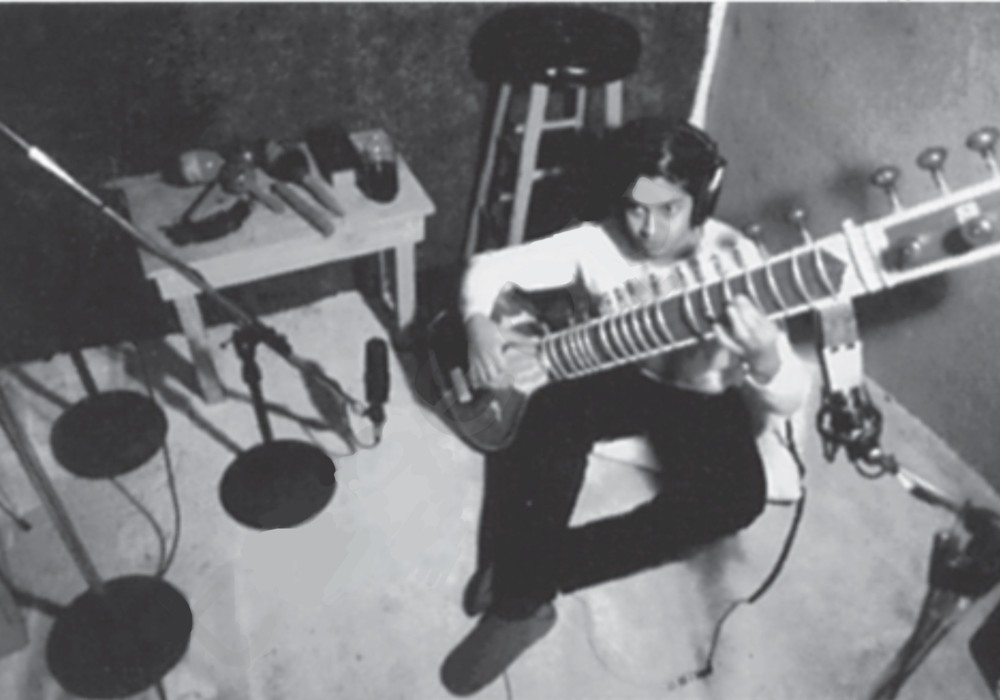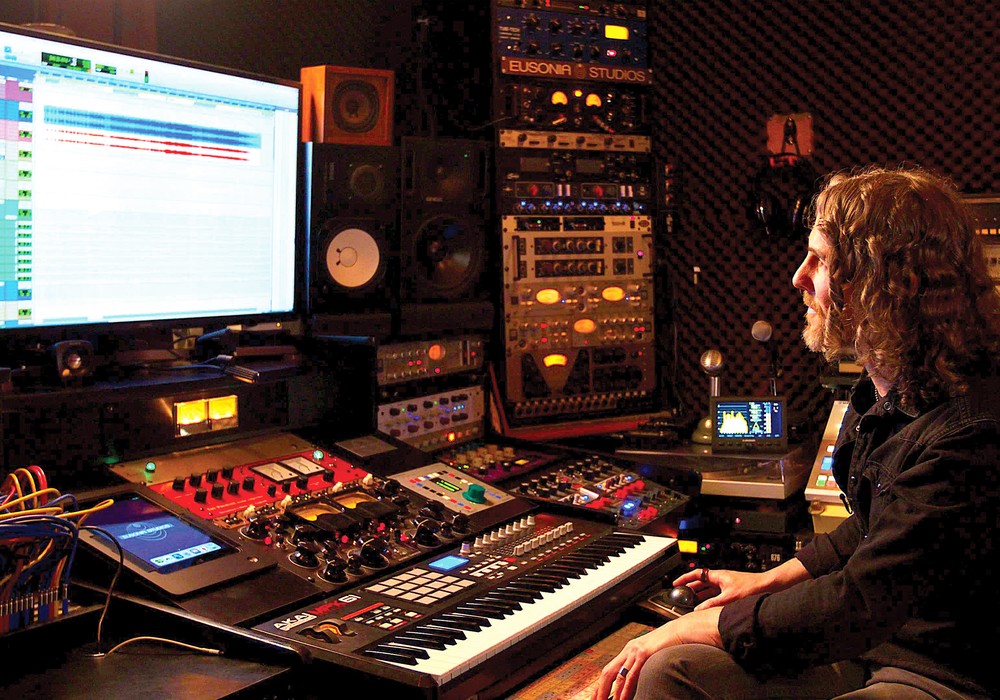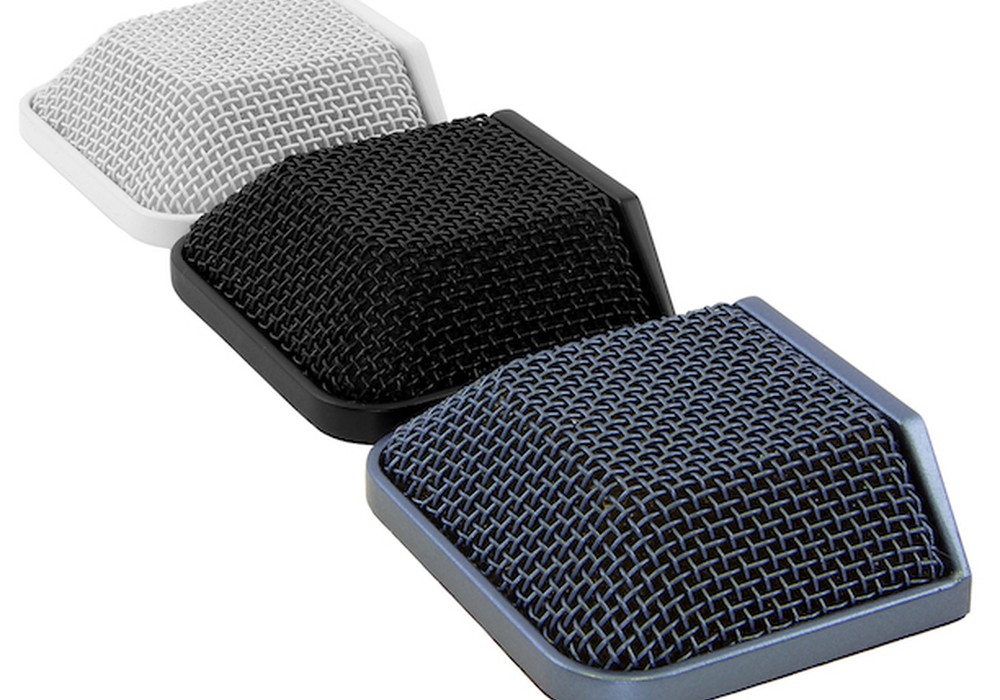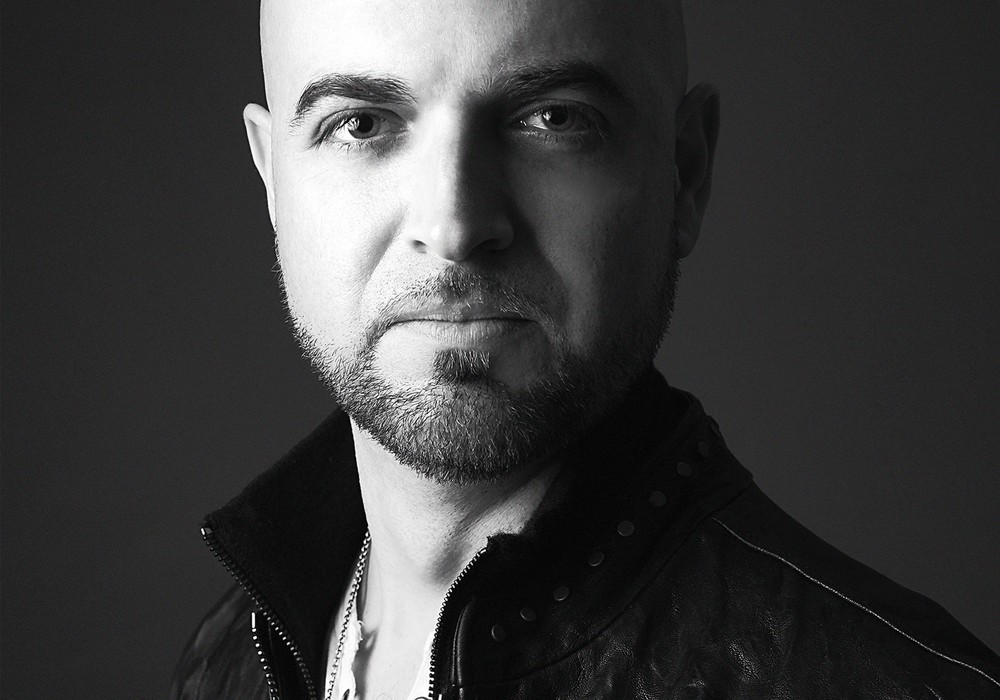While listening to mixes at his new Chicago studio, Jay Bennett rolls his own cigarettes, then smokes them with a Hunter S. Thompson-style filter. "It's a good prop," he says. "I have a certain mad scientist reputation that I have to uphold."
Bennett earned that reputation largely during his six years as a member of Wilco. Not only is Bennett talented at playing guitar, keyboards and virtually any other instrument he touches, he is also an engineer and producer, with a knack for fixing electronic gadgets. Bennett took on some heavy recording duties in 2001, during the making of Wilco's album Yankee Hotel Foxtrot, documented in the film I Am Trying to Break Your Heart. He co-wrote eight of the eleven songs with lead singer Jeff Tweedy, played various instruments and co-engineered the record with Chris Buckley. Bennett says he was wearing "too many hats," causing tensions that culminated in Tweedy asking Bennett to leave.
Out of Wilco, Bennett wasted no time teaming up with Edward Burch to record The Palace at 4am (Part I), taping much of it (120 tracks at times) in the basement of Bennett's home in the Chicago suburb of Arlington Heights. Over the past year, Bennett has recorded music by the Sun, Staggered Crossing, West of Rome, Brie Stoner, Mark Eitzel, Oh, the Stories We Hold by Anna Fermin's Trigger Gospel and others, while releasing an acoustic version of the Bennett-Burch album, Palace 1919. This spring, Bennett moved his Pieholden Suite Sound studio into an industrial loft on Chicago's northwest side, where he shares space with producer Alex Moore. Bennett is in the midst of several musical projects: a new solo album is out (Bigger Than Blue), a limited-edition Bennett-Burch tribute to the music of Rockpile, and an album with Michigan singer-songwriter Dave Vandervelde.
Where did you learn how to do all this? Did you just pick it up over the years?
It's pretty much just bits and pieces.
Did you have any formal training in anything related to recording?
Nah. Well, I took electronics classes in high school. My father used to work as an electrician during summers, because he was a principal, and we always tinkered on stuff. I've always had a bent for electronic stuff. And then at some age I got a musical thing and started playing guitar.
What was your very first experience recording something?
A dumb, old Panasonic 2-track reel-to-reel that someone gave me. I recorded a really horrible song I wrote. I think it was just guitar on one track and singing on the other track.
When did you begin any serious kind of recording?
I was in bands that did some recording, but I never really got involved in the process until I bought an 8-track, 1/4" Fostex reel-to-reel, and then shortly after that, Titanic Love Affair started up. At that point, my musical career and recording career were permanently fused.
I remember looking at the liner notes on the Ice Cream Funeral cassette that Titanic Love Affair put out in 1988. It was almost apologetic about how quickly you guys recorded it, but I thought it sounded great.
That's just a disclaimer.
At that point, was it a pretty quick recording process? I know that on some of your recent projects — I don't know if "bogged down" is the right phrase to use, but you've spent a long time working on songs.
That's the musical side, not the engineer side of me. The engineer side of me is: Put a mic in front of it, and if it sounds good, it sounds good... or put some mic that shouldn't sound good, and see if it sounds weird enough for you. But I've gotten bogged down way more on the music side. Confidence issues. Too many ideas, as well. But as far as recording, what I do hasn't changed a hell of a lot. I have 24 tracks instead of eight. I have good preamps instead of the ones on the board. I have good mics, if I choose to use them, everything from a mic that came with this Wollensak tape recorder to a $4,000 tube mic. And I'm not certain that either one sounds better. We did some drums the other day where we purposefully grabbed every crappy mic we could. We figured we already have a bunch of good-sounding drums on the record that Dave [Vandervelde] and I are doing right now. I don't know if they sound any better or worse than the others. It seems as the engineering stuff gets easier for me, the more I think about the music and not the engineering. Let's face it: I've never had a song ruined for me by a bad snare drum sound — with the possible exception of "Born in the U.S.A." I have everything that I'm supposed to have to do everything right. It's totally spontaneous whether you feel like doing something right or wrong, you know? And that's where it becomes a musical decision. With rare exceptions, if you throw a mic on something and get a good level on tape, you won't wreck the song. The band can wreck the song, but you can't.
You told me once before you don't like seeing the recording levels that show things going into the red.
Yeah, if you see something go into the red, and you're staring at it, you're going to get nervous — or in the case of analog, the needle spinning around twice, going off the screen... If you saw that, you'd start to think about it. There's a story about someone, Bob Rock or somebody, who just comes in and puts a piece of cardboard over every meter in the entire house. Why do I need these? I'm using my ears. [He shows off the Mackie HR 824 monitors in his control room, which are mounted on poles so that they can be spun around.] I've never seen this in a studio, so I'm proud of...
